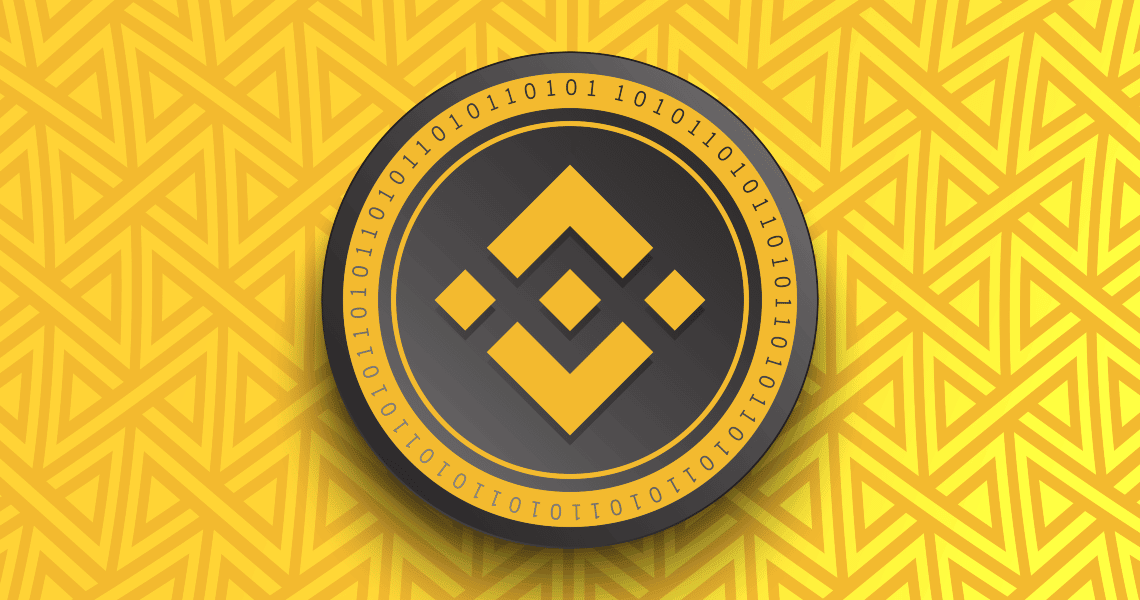The Philippines Securities and Exchange Commission (SEC) has announced its intention to restrict local access to Binance, thereby enforcing the ban imposed by the Philippines SEC on Binance. This announcement was made through a notice released by the financial regulatory body on March 25.
This move comes in response to the SEC’s allegations against the exchange for persistently providing Filipinos with various investment and trading options without acquiring the requisite license from the commission.
The ban imposed by the Philippines SEC on Binance prompts Google and Meta to limit advertisements related to Binance.
As outlined in the released media briefing, the Philippines SEC had submitted an official petition to the National Telecommunication Commission (NTC) on March 12, 2024, seeking the restriction of access to the Binance website, applications, and other online platforms utilized by the exchange.
JUST IN : The Philippine SEC stated that it will continue to block Binance and block citizens’ access to Binance’s main website and related platforms, saying that Binance is a threat to the security of the Philippines.
— Crypto News Updates (@CryptoNewsUpd8s) March 25, 2024
The regulatory measures against Binance have taken a more extensive turn with the commission urging tech giants Google and Meta to halt all advertising campaigns linked to the crypto exchange within the Philippines. This escalation comes as a response to the Securities and Exchange Commission’s (SEC) assertion that all previous marketing endeavors and trading propositions conducted by Binance were unlawful. According to the SEC, Binance has operated without the necessary license mandated by Republic Act No. 8799, also known as the Securities Regulation Code (SRC), which requires entities to obtain authorization from the commission to solicit investments or establish and operate an exchange.
While emphasizing the illegality of Binance’s past activities, the regulatory agency has also underscored to the public that the crypto exchange lacks authorization to vend or offer securities within the Philippines. Furthermore, the SEC has pointed out that Binance’s persistent promotion of cryptocurrencies could potentially entail criminal culpability.
This robust stance by the Philippines SEC reflects a concerted effort to enforce regulatory compliance within the crypto industry, safeguarding investors and ensuring adherence to established legal frameworks. It underscores the importance of regulatory oversight in mitigating risks and fostering a secure environment for cryptocurrency transactions. Additionally, the commission’s engagement with tech giants like Google and Meta highlights the collaborative approach taken to uphold regulatory standards across digital platforms, underscoring the significance of cooperation between regulatory bodies and technology companies in addressing emerging challenges in the digital economy.
The notice read,
“Those who act as salesmen, brokers, dealers or agents, representatives, promoters, recruiters, influencers, endorsers, and enablers of Binance in selling or convincing people to invest in its platform within the Philippines, even through online means, may be held criminally liable under Section 28 of the SRC.”
The implementation of this ban is slated to take effect over a span of three months, affording Filipino traders sufficient time to liquidate their investment positions held on the Binance platform.
In the interim, SEC Chair Emilio B. Aquino has emphasized the regulatory body’s concerns regarding the continued accessibility of Binance websites and affiliated mobile applications to Filipino investors, citing potential risks to the security of their funds.
It is worth noting that the Philippines SEC’s decision to impose this ban follows a prior warning notice issued to Binance on November 28, 2023.
The ban imposed by the Philippines SEC on Binance serves as a stark admonition to other unregulated exchanges operating within the country, underscoring the imperative of adhering to local securities regulations.
Binance Faces Ongoing Regulatory Challenges
The ban imposed by the Philippines SEC on Binance is indicative of a broader trend of escalating regulatory pressure faced by the exchange on a global scale.
In addition to the Philippines SEC’s actions, Binance has encountered heightened scrutiny and regulatory challenges across various jurisdictions worldwide.
For instance, in 2023, the Commodity Futures Trading Commission (CFTC) initiated legal proceedings against Binance, alleging the operation of an illicit digital asset derivatives exchange and violations of federal regulations.
Similarly, the US Securities and Exchange Commission (SEC) levied charges against Binance Holdings LTD and its former CEO, Changpeng Zhao (CZ), accusing them of operating unregistered exchanges, brokerages, clearinghouses, and engaging in the unregistered offer and sale of securities.
In response to these legal actions, Binance and CZ pleaded guilty to a range of federal charges, including infractions related to anti-money laundering protocols and unlicensed money transmission. This plea came following extensive investigations conducted by regulatory bodies such as the SEC, the US Department of Justice (DOJ), and the CFTC.
These developments underscore the significant regulatory hurdles that Binance continues to navigate, reflecting broader concerns within regulatory circles regarding compliance, investor protection, and the integrity of the cryptocurrency market.
CZ later resigned as the CEO of Binance, which was part of the agreement with the DOJ.
#Binance CEO CZ Steps Down as CEO
As Part Of $4 Billion Settlement With US pic.twitter.com/63nqhU1dPh— Ahmed CEO (@Ahmedxmtj) November 21, 2023
On December 18, 2023, the Commodity Futures Trading Commission (CFTC) disclosed that the US District Court for the Northern District of Illinois mandated Changpeng Zhao (CZ) to remit $150 million, while the exchange was directed to settle enforcement proceedings by paying $2.7 billion.
As of the present moment, CZ has been released on a $175 million bond, pending sentencing by the court in response to allegations related to money laundering activities associated with Binance.




One thought on “Binance encounters regulatory obstacles as the ban imposed by the Philippines SEC on Binance comes into force.”